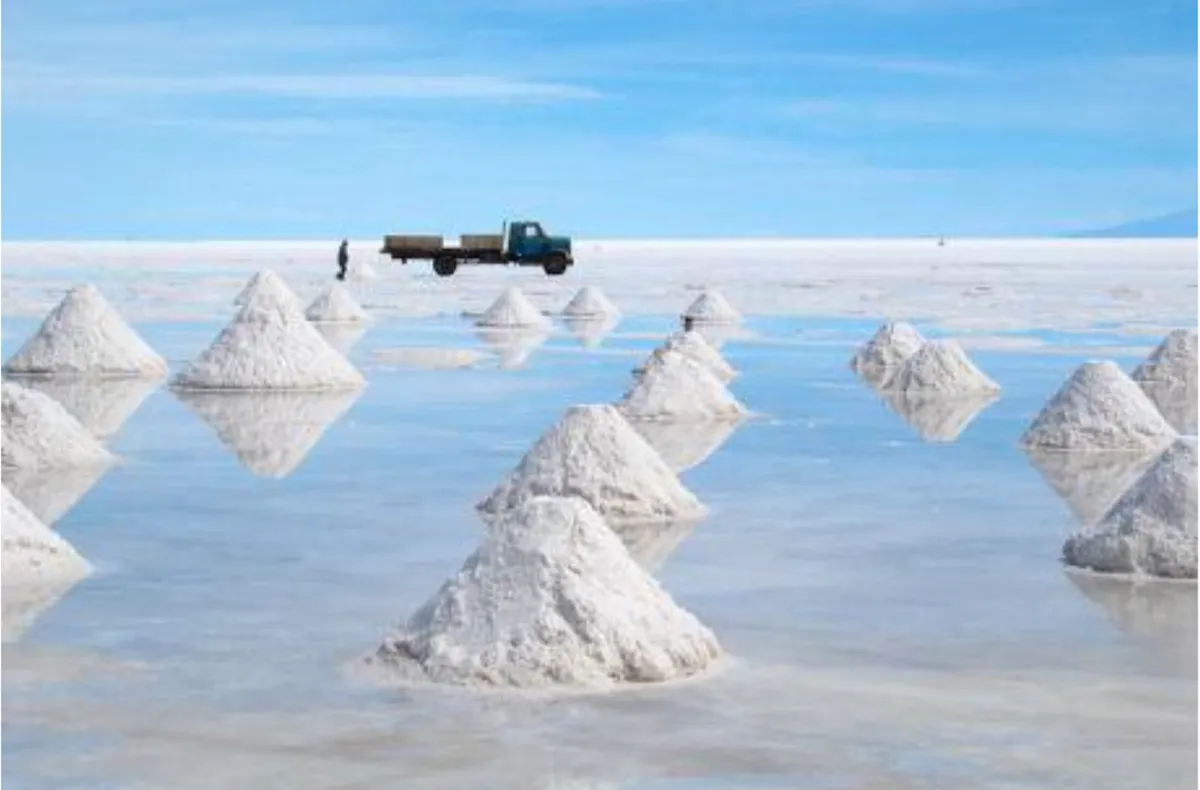Potential Impeachment Hearings, Lithium Discoveries, Delayed Life Milestones for Youth
Democratic Party's Controversial Push for Presidential Impeachment Hearings, Lithium Discovery Sparks Hope for South Korea's Green Future, Delayed Life Milestones Reshape South Korea's Future

Democratic Party's Controversial Push for Presidential Impeachment Hearings
South Korea's political landscape is in turmoil as the main opposition Democratic Party pushes forward with its controversial plan to hold impeachment hearings against President Yoon Seok-yeol. The move, which has sparked intense debate and opposition from the ruling People Power Party, comes on the heels of a public petition that garnered over 1.3 million signatures calling for the president's impeachment. This unprecedented situation has thrust the nation into a complex legal and political quagmire, raising questions about the stability of South Korea's democratic institutions and the potential consequences for governance and policy implementation.
The roots of this political crisis can be traced back to a series of allegations against President Yoon, including claims of improper influence in the investigation of a Marine Corps incident and controversies surrounding First Lady Kim Keon-hee. The Democratic Party, seizing on public discontent, has scheduled impeachment hearings for July 19 and 26, with plans to summon 39 witnesses, including the First Lady herself. This aggressive move has been met with fierce resistance from the ruling party, which staged a walkout during the committee meeting where the hearing plan was adopted. The situation has escalated to the point where the People Power Party has filed a jurisdictional dispute lawsuit with the Constitutional Court, arguing that the opposition's actions violate both the Constitution and the National Assembly Act.
At the heart of this controversy lies Article 65 of the South Korean Constitution, which outlines the requirements for impeaching high-ranking public officials. Legal experts are divided on whether the current allegations against President Yoon meet the threshold of "serious legal violations" necessary to justify impeachment proceedings. Many point to the 2004 impeachment trial of former President Roh Moo-hyun as a precedent, where the Constitutional Court ruled that only significant legal transgressions committed during a president's term of office can serve as grounds for removal. This historical context adds another layer of complexity to the current situation, as observers question whether the Democratic Party's actions are constitutionally sound or politically motivated.
The political strategies at play in this impeachment push are multifaceted and potentially risky for all involved. For the Democratic Party, the move could be seen as an attempt to regain political momentum and shield former party leader Lee Jae-myung from his own legal troubles. However, this aggressive stance carries the risk of backlash if the public perceives it as an overreach or a distraction from more pressing national issues. The ruling People Power Party, for its part, has accused the opposition of using impeachment as a political tool, arguing that it undermines democratic norms and governance stability. As the situation unfolds, both parties are carefully calibrating their messages to sway public opinion in their favor.
The potential impact of these impeachment proceedings on governance and policy implementation cannot be overstated. With the nation facing numerous challenges, including economic recovery, national security concerns, and social issues, the political instability threatens to derail ongoing initiatives and erode public trust in government institutions. International observers are closely watching the situation, concerned about its implications for regional stability and South Korea's role on the global stage. The uncertainty surrounding the presidency could potentially affect everything from economic policies to diplomatic relations, raising stakes for both domestic and international stakeholders.
Public reaction to the impeachment push has been mixed, reflecting the deep political divisions within South Korean society. While the petition that sparked this crisis garnered significant support, there are concerns about the potential for social unrest and economic instability should the situation escalate further. The generational divide in attitudes towards impeachment is particularly notable, with younger Koreans often more supportive of accountability measures against political leaders. However, there are also fears that this political crisis could further erode trust in the democratic process and lead to increased cynicism among voters.
The likelihood of a formal impeachment motion being filed and its chances of success in the National Assembly are subjects of intense discussion. Should the process move forward, it could lead to a protracted legal battle in the Constitutional Court, potentially paralyzing the government for months. Alternatively, the threat of impeachment could reshape political alliances and force compromises between the ruling and opposition parties.
Lithium Discovery Sparks Hope for South Korea's Green Future
In a development that could significantly impact South Korea's economic and environmental future, the Korea Institute of Geoscience and Mineral Resources (KIGAM) has announced the discovery of promising lithium deposits in Uljin, Gyeongbuk and Danyang, Chungbuk. This finding comes after a four-year investigation of 12 domestic deposits with potential for lithium, a critical component in the production of batteries for electric vehicles and other green technologies. The discovery has sparked excitement about the potential for domestic lithium production in a country that has thus far been entirely dependent on imports for this crucial resource.
The economic potential of these lithium discoveries could be substantial for South Korea, potentially reducing its dependence on lithium imports and bolstering its position in the global electric vehicle and battery industries.
The Uljin deposit, which includes the historically productive Boam site, shows particular promise with an average lithium grade of 0.05-1% based on lithium oxide.